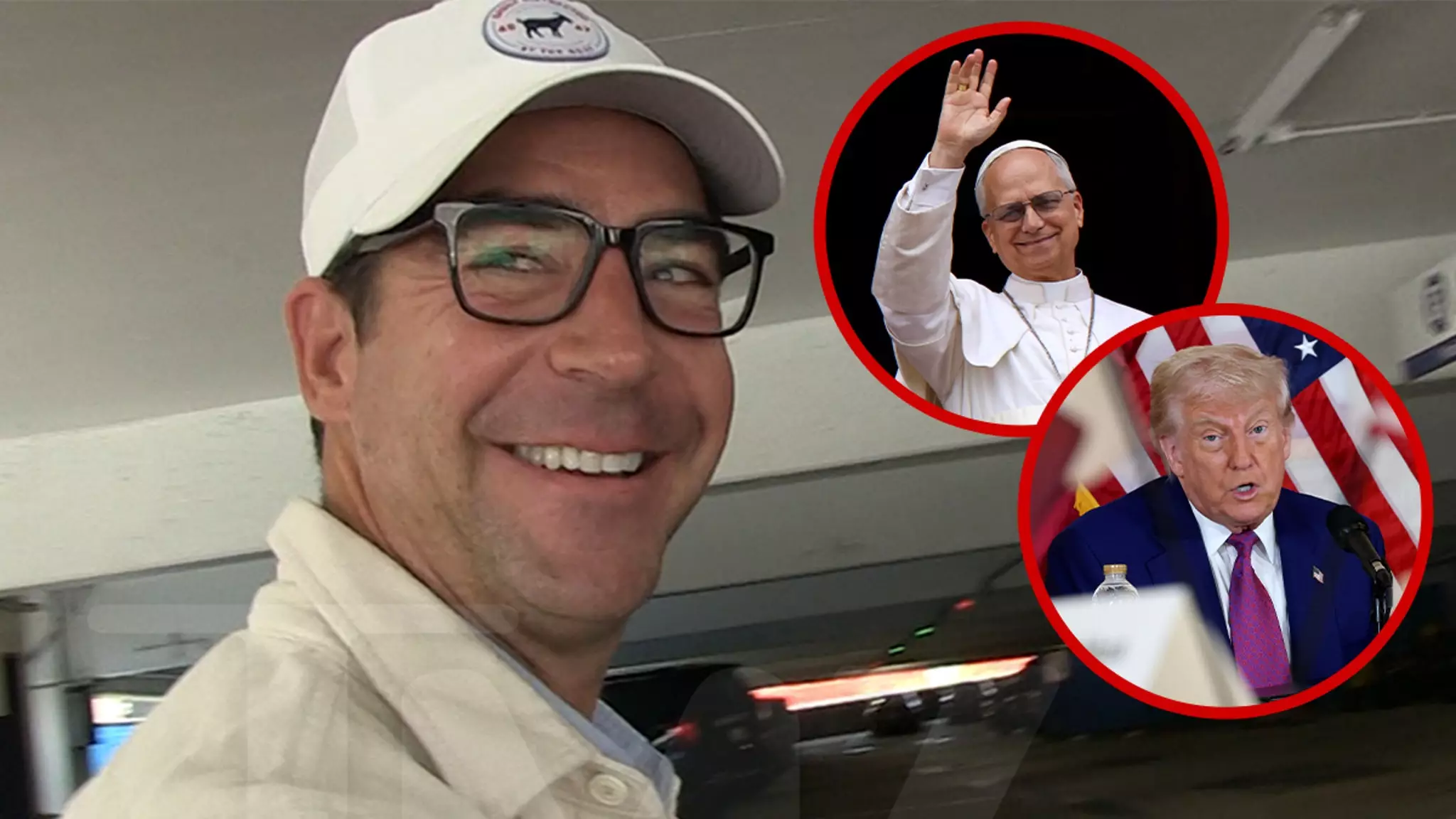The intersection of faith and politics remains a contentious battleground, particularly in the United States, where ideologies often clash with fervent intensity. The remarks from Fox News host Jesse Watters succinctly encapsulate the skepticism surrounding the potency of the Pope’s liberal views among conservative circles. Watters, known for his no-nonsense approach, essentially dismisses the notion that Pope Leo XIV’s liberal policies could disrupt the robust conservative agenda in America. This stance resonates deeply with a significant segment of the American populace, suggesting a broader ambivalence towards religious authority in political matters.
Is the Pope Irrelevant to American Politics?
Watters articulated a belief widely held in conservative circles: the Pope’s views are peripheral to the daily operations of American governance. His assertion that “the pope does his thing, and America does our thing” reveals an underlying philosophy that emphasizes the sovereignty of American political structures over external influences, including religious ones. For many, the Pope embodies more of a symbolic figurehead than a potent political influencer. This viewpoint raises profound questions about the relationship between faith and governance, particularly in a nation that prides itself on the separation of church and state.
The Cultural Disconnect
The dismissal of the Pope’s relevance is not merely about disagreement with his political stance; it hints at a deeper cultural disconnect. As Watters noted, invitations to the Papacy often work in reverse; it is not the Pope who travels for formal meetings, but rather dignitaries who venture to the Vatican. This reflects a hierarchical order that places the papacy in a position of reverence but not necessarily political authority in the minds of many Americans. The imagery of a powerful leader sitting in the Vatican may evoke respect, yet it simultaneously underscores the distance between traditional religious authority and contemporary political realities.
Polarized Media Influence
Watters’ comments were made in a context that suggests a media environment steeped in polarization. His views may reflect not just his personal beliefs but also the greater narrative disseminated through conservative media outlets. This reflects a strategic choice to minimize the Pope’s relevance as a way to galvanize a base that is deeply entrenched in American exceptionalism. The Pope’s global perspective, addressing issues such as climate change and social justice, may run counter to the interests of a conservative base that prioritizes national agenda over global concerns.
Invitation to Dialogue or Just a Ceremonial Gesture?
Even the discussion surrounding Trump’s invitation to the Pope, delivered through Vice President JD Vance, serves as a testament to the complexities of political diplomacy. An invitation that may seem ceremonial at best raises eyebrows regarding the authenticity of such gestures. Watters’ view that such an invitation is unlikely to bear fruit—due to the customary protocols of Vatican diplomacy—suggests an understanding that political gestures often have limited substance behind them.
In this fragmented dialogue between faith and politics, figures like Jesse Watters emerge as representatives of a confident and self-reliant conservative identity, adamant that American interests will prevail regardless of international religious perspectives.

